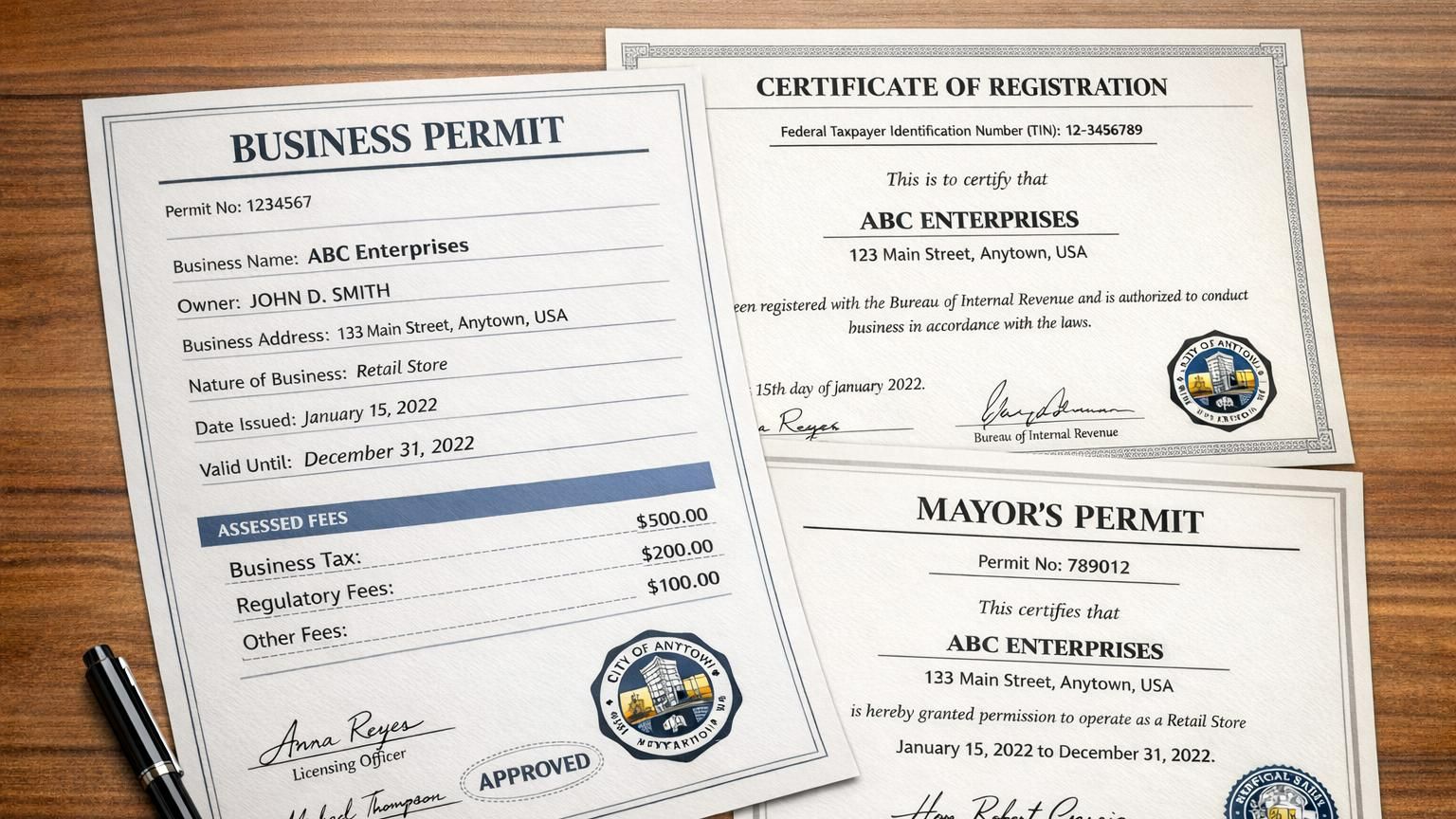Fire Safety Regulations in San Diego: What Property Owners Must Know

San Diego’s warm climate and seasonal Santa Ana winds make it one of California’s most beautiful — and fire-prone — regions. For property owners, understanding fire safety regulations isn’t just about compliance; it’s about protecting lives, property, and the community. Whether you own a single family home, a multi-unit rental, or a commercial building, there are clear rules and smart steps you should take to reduce fire risk and stay within the law.
Why Fire Safety Matters in San Diego
San Diego County regularly sits at high risk for wildfires and brush fires. Dry conditions, low humidity, and strong winds can turn a small spark into a fast-moving blaze. This reality has shaped local fire safety policies, making prevention and preparedness key priorities for property owners.
California and Local Codes: The Basics
At the state level, the California Fire Code (CFC) sets minimum standards for fire prevention, alarms, sprinklers, exits, and hazardous materials. San Diego and other loc...
Flooded Property? What San Diego Landlords Must Do

Flooding can hit fast in San Diego. A winter storm, a broken pipe, or poor drainage can leave rental properties with standing water in a matter of hours. For landlords, the situation is stressful and expensive, but how you respond in the first 24 to 48 hours makes a major difference. Acting quickly protects your tenants, limits damage, and reduces legal risk.
Here’s what every San Diego landlord should know.
1. Prioritize Safety First
Before thinking about repairs, focus on safety. Standing water can hide electrical hazards, structural damage, and contamination. If water levels are significant, shut off electricity to the affected areas if it is safe to do so. In severe cases, tenants may need to temporarily vacate the property.
If the flooding is caused by sewage backup or storm runoff, treat the water as potentially hazardous. Professional cleanup may be required to prevent health risks.
2. Document the Damage
Take clear photos and videos of all affected areas immediately. Capt...
Why Proper Business Licenses and Permits Are Essential

Starting a business is exciting. You have an idea, a plan, and the motivation to make it work. In the rush to launch, licensing and permits can feel like annoying paperwork that slows everything down. But skipping or delaying them can create serious problems later. Proper business licenses and permits aren’t just formalities. They are a key part of running a legitimate, protected, and sustainable business.
Legal Compliance and Peace of Mind
At the most basic level, licenses and permits allow your business to operate legally. Different industries, locations, and services require different approvals, and those rules exist to protect both business owners and the public. Operating without the required permits can lead to fines, penalties, or even forced closure.
Having everything in place gives you peace of mind. You can focus on serving customers and growing your business without constantly worrying about inspections or compliance issues popping up unexpectedly.
Protecting Your Busine...
Why a Will Alone Isn’t Enough to Prevent Probate Disputes

A will is often seen as the ultimate safety net for your estate. You write down who gets what, sign the paperwork, and assume everything will unfold smoothly. In reality, having only a will can still leave plenty of room for confusion, conflict, and even courtroom battles. Probate disputes happen more often than people expect, and a will by itself doesn’t always stop them.
Here’s why.
Wills Still Go Through Probate
The first thing to understand is that a will does not avoid probate. In fact, probate is the legal process that proves a will is valid and oversees how assets are distributed. This process can be slow, public, and emotionally charged. During probate, family members or other interested parties have the opportunity to challenge the will. That’s often where disputes begin.
If someone believes the will is outdated, unfair, or improperly signed, they can raise objections. Even a clearly written will can end up under scrutiny once it enters the probate court.
Ambiguity Create...
What Happens When Family Members Disagree on Medical Care?

Medical emergencies are stressful enough. When family members disagree about what care a loved one should receive, that stress can quickly turn into conflict. These situations are more common than people realize, especially when decisions must be made quickly and emotions are running high.
Understanding how these disagreements unfold and how they’re usually resolved can help families navigate them with less damage and more clarity.
Why disagreements happen
Family conflict around medical care often starts with different interpretations of what’s best. One person may focus on preserving life at all costs, while another prioritizes comfort or quality of life. Past family dynamics, guilt, religious beliefs, cultural values, or unresolved relationships can also influence opinions. In many cases, disagreement isn’t about the medical facts but about fear, love, and the pain of potential loss.
The role of the patient’s wishes
When a patient has clearly documented wishes, such as a living ...
The Most Important Questions to Answer in Your Living Will

A living will isn’t just a legal document. It’s a way to speak for yourself when you can’t. If you’re ever seriously ill or injured and unable to communicate, your living will guides doctors and loved ones on what you want and what you don’t. The challenge is knowing what questions to answer clearly so there’s no confusion later.
Here are the most important ones to think through.
1. What kind of life-sustaining treatments do you want?
This is the core of a living will. You’ll need to decide how you feel about treatments like ventilators, feeding tubes, dialysis, or CPR. Would you want these used in all situations, only temporarily, or not at all if recovery isn’t likely? There’s no right answer here. Some people want every possible measure taken. Others prefer comfort-focused care if the outcome is unlikely to improve their quality of life.
2. How do you define “quality of life”?
This question is deeply personal, but incredibly important. Would you be comfortable living with sever...
What Happens if You Forget to Update Your Beneficiary?

Life changes fast. Marriages, divorces, new children, career shifts, and losses all affect how we plan for the future. One detail that often gets overlooked during these transitions is updating beneficiary designations. It may seem minor, but forgetting to update a beneficiary can lead to serious financial and emotional consequences.
What Is a Beneficiary and Where It Applies
A beneficiary is the person or entity you name to receive assets after your death. Beneficiaries are commonly assigned on life insurance policies, retirement accounts like 401(k)s and IRAs, pensions, payable-on-death bank accounts, and investment accounts.
These designations are powerful. In most cases, beneficiary forms override what is written in a will. That means even a carefully drafted estate plan can be undone by an outdated beneficiary designation.
What Happens When Beneficiaries Are Outdated
If you forget to update your beneficiary, the asset typically goes to the person listed on the account, regard...
Home Inspection Contingencies: What They Really Mean

Buying a home often comes with a long list of paperwork, and one of the most important items is the home inspection contingency. While it can sound technical or intimidating, this clause plays a key role in protecting buyers and setting expectations for sellers. Understanding what it really means can help both sides navigate the transaction with fewer surprises.
What Is a Home Inspection Contingency?
A home inspection contingency is a clause in a purchase agreement that allows the buyer to have the property professionally inspected within a specific timeframe. If the inspection reveals issues the buyer finds unacceptable, this contingency gives them options. They can request repairs, ask for a price adjustment, negotiate credits, or, in some cases, walk away from the deal without losing their earnest money.
This contingency is not about finding a “perfect” home. It is about understanding the condition of the property before fully committing to the purchase.
What the Inspection Typi...
Commercial Lease Terms Every Landlord and Tenant Should Know Before Signing

A commercial lease is more than a monthly rent agreement. It sets the rules for how a business operates in a space, how costs are shared, and what happens when circumstances change. Whether you are a landlord or a tenant, understanding key commercial lease terms before signing can prevent misunderstandings, protect your investment, and avoid costly disputes down the road.
Lease Structure and Rent Type
One of the first things to understand is the lease structure. Commercial leases commonly fall into three categories: gross leases, net leases, and modified gross leases. In a gross lease, the tenant pays a flat rent while the landlord covers most operating expenses. Net leases shift some or all of those expenses, such as property taxes, insurance, and maintenance, to the tenant. Modified gross leases fall somewhere in between.
Knowing exactly which costs are included in rent and which are not is essential for accurate budgeting on both sides.
Lease Term and Renewal Options
The lease ...
Option Agreements in Commercial Real Estate: How They Work and When They Make Sense

In commercial real estate, timing and flexibility often matter just as much as price. That’s where option agreements come in. An option agreement gives a potential buyer the exclusive right, but not the obligation, to purchase a property within a specific time frame. For investors, developers, and landowners, this tool can create opportunities while managing risk, if everyone understands how it works.
What Is an Option Agreement?
An option agreement is a legal contract between a property owner and a potential buyer. The owner agrees to hold the property for a set period, during which the buyer can decide whether to move forward with the purchase. In exchange, the buyer typically pays an option fee. This fee is often non-refundable and may or may not be credited toward the purchase price if the deal closes.
Unlike a standard purchase agreement, an option does not force the buyer to buy. It simply reserves the right to do so under agreed-upon terms.